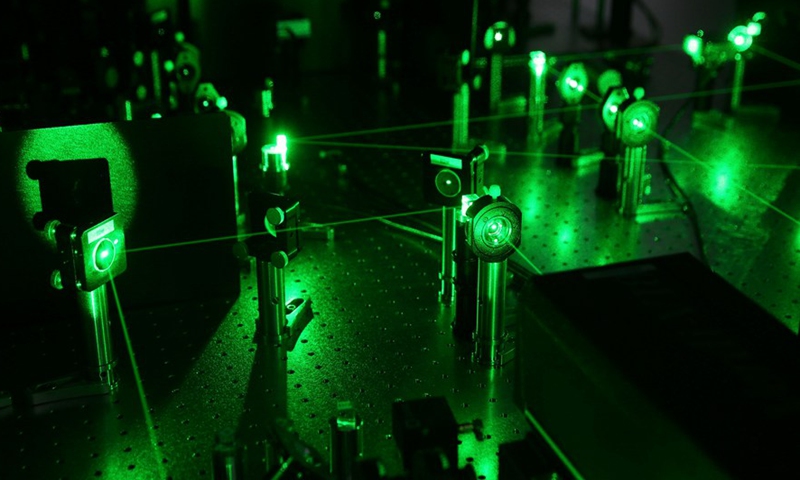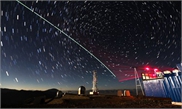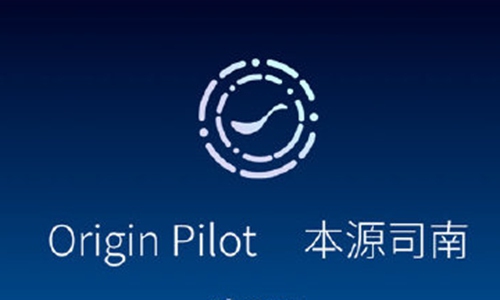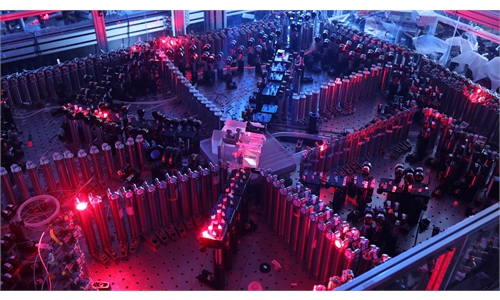Exclusive: Chinese scientists achieve quantum information masking, paving way for encrypted communication application

Photo taken on May 25, 2016 shows the quantum simulation laboratory under the Chinese Academy of Sciences, in Shanghai, east China. (Xinhua/Cai Yang)
Chinese scientists have successfully demonstrated photonic implementation of quantum information masking in the lab, marking a first in the country that will further pave the way for the research and application of encrypted quantum communication, Global Times learned from leading scientists from the milestone project on Thursday.
Li Chuanfeng, Xu Jinshi and other scientists from the Guo Guangcan academician team of the University of Science and Technology of China in Hefei, East China’s Anhui Province, in collaboration with Li Bo and Liang Xiaobin from Shangrao Normal University of East China’s Jiangsu Province, and Chen Jingling from Nankai University in Tianjin Municipality, have reportedly achieved the feat, as they managed to “hide” quantum information in non-local mixed states.
“We devise a photonic quantum information masking machine using time-correlated photons to experimentally investigate the properties of qubit masking, and demonstrate the transfer of quantum information into bipartite correlations and its faithful retrieval,” according to a paper on the event published by the Chinese scientists.
“The versatile masking machine has decent extensibility, and may be applicable to quantum secret sharing and fault-tolerant quantum communication. Our results provide some insights on the comprehension and potential application of quantum information masking,” said the paper in Physical Review Letters, a US based journal under the American Physical Society.
The experimental results show that the fidelity of the entangled state is 97.7 percent compared with the theoretical value.
The scientists explained the achievement by comparing it to a safe in which important things are stored. If only one key is needed for the safe, the key-holder could secretly open it.
To improve security, it could be upgraded to require several keys to work simultaneously. However, this security measure could also be overcome if one key-holder managed to secretly copy all of the keys. Quantum information masking aims to further secure the safe, as the keys can be hidden in a quantum mixed state that is impossible to copy, Li, who is also the executive deputy director of the Chinese Academy of Sciences' Key Laboratory of Quantum Information, told the Global Times during an exclusive interview on Thursday.
Everyone can only hold one qubit each, and when they need to extract the information in the safe, they will have to work together according to the no-cloning theorem of quantum mixed states, Li explained.
Li also noted that the applications for quantum information masking would rely on the development of quantum memory machines, and it would take 5 to 10 years to enable its application.




